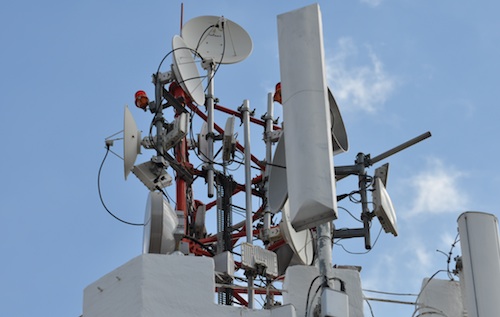
Telkom has called on the Independent Communications Authority of SA (Icasa) to bar telecommunications operators that have already been assigned access to spectrum at 900MHz — they include Vodacom, MTN and Cell C — from bidding for access to digital dividend spectrum.
The digital dividend is spectrum that will be freed up when television broadcasters migrate from analogue to digital. The spectrum that will become available can be used for building wireless broadband networks using next-generation technologies such as long-term evolution.
Telkom senior regulatory specialist Johan Smit says Icasa must “consider the operators that have current assignments of 900MHz before assigning 800MHz”.
Smit was speaking at Icasa’s digital dividend workshop, being held on Thursday and Friday this week.
Telkom does not have access to 900MHz spectrum and has built its mobile network at 1,8GHz and 2,1GHz. The 900MHz band offers a number of distinct advantages over the higher frequencies — it penetrates buildings better and fewer base stations are required, especially in more outlying areas.
Cell C has “refarmed” a portion of its 900MHz spectrum to build its third-generation mobile broadband network; MTN is doing the same in some peri-urban areas. The 900MHz band was traditionally used for GSM voice services.
Smit says the digital dividend spectrum could help boost competition in the mobile market and could allow Icasa to licence new players — possibly taking the number of mobile operators from four to six.
However, he says there must be conditions attached to the licensing of the digital dividend spectrum, arguing that all licensees need to ensure that rural broadband coverage is achieved.
Smit wants Icasa to ensure that a spectrum band plan is completed at least a year before digital migration is completed so that operators that are given access to the spectrum can start planning broadband network deployments. — Candice Jones, TechCentral
- Subscribe to our free daily newsletter
- Follow us on Twitter or on Facebook




